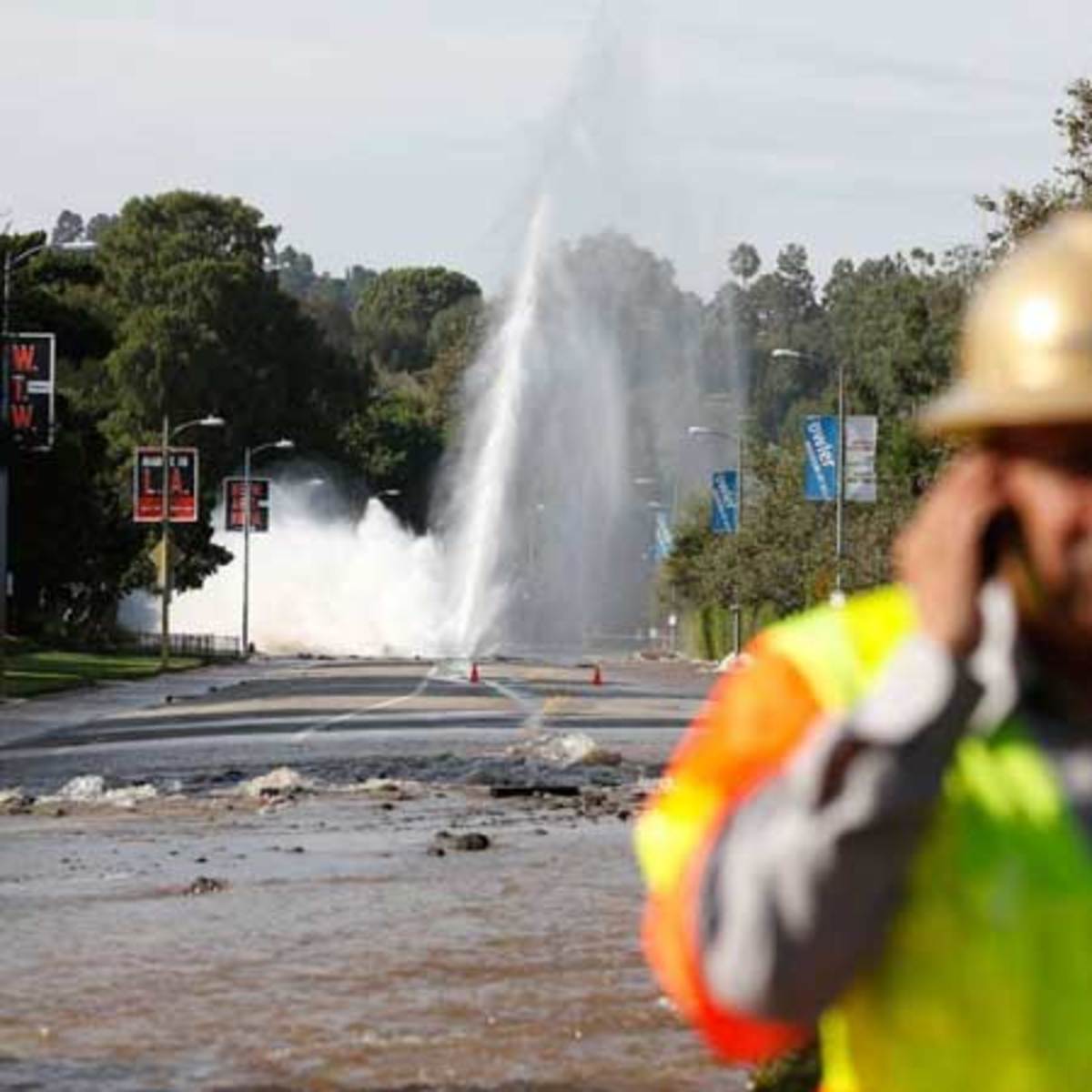The
California Proposition 49, the Amendment to Overturn Citizens United Ruling
Question, will not be on the November 4, 2014 ballot in California as an
advisory question. The measure would have asked voters whether the United
States Congress shall propose, and the California Legislature ratify, an
amendment or amendments to the United States Constitution to overturn Citizens United v. Federal Election
Commission and other related judicial rulings.
The
suggested amendment would allow for the full regulation or limitation of
campaign contributions and spending for the purpose of ensuring that all
citizens, regardless of wealth, may express their views to one another and to
make clear that the rights protected by the United States Constitution are the
rights of natural persons only. If passed by voters, the California Secretary
of State would be required to communicate the results of the measure to the
U.S. Congress. There will be no direct fiscal effect on state or local
governments if passed.

 The
biggest arguments for the passage of this initiative lie in the fact that the
United States Constitution and the Bill of Rights are intended to protect the
rights of individual human beings. Corporations, however, are not mentioned in
the Constitution, and the people have never granted constitution rights to
corporations, nor have we agreed that corporations have authority that exceeds
the authority of “We the People.” The corrosive effects of immense wealth that
has accumulated as a result of corporations in reality have little or no
correlation to the public’s support for the corporation’s political ideas.
Corporations also have special advantages not enjoyed by individuals such as
limited liability, perpetual life, and favorable treatment of the accumulation
and distribution of assets that allow them to spend huge sums on campaign
messages that have little or no correlation with the beliefs held by natural
persons.
The
biggest arguments for the passage of this initiative lie in the fact that the
United States Constitution and the Bill of Rights are intended to protect the
rights of individual human beings. Corporations, however, are not mentioned in
the Constitution, and the people have never granted constitution rights to
corporations, nor have we agreed that corporations have authority that exceeds
the authority of “We the People.” The corrosive effects of immense wealth that
has accumulated as a result of corporations in reality have little or no
correlation to the public’s support for the corporation’s political ideas.
Corporations also have special advantages not enjoyed by individuals such as
limited liability, perpetual life, and favorable treatment of the accumulation
and distribution of assets that allow them to spend huge sums on campaign
messages that have little or no correlation with the beliefs held by natural
persons.Read more about the amendment by visiting: http://ballotpedia.org/California_Proposition_49,_Amendment_to_Overturn_Citizens_United_Ruling_Question_(2014)







